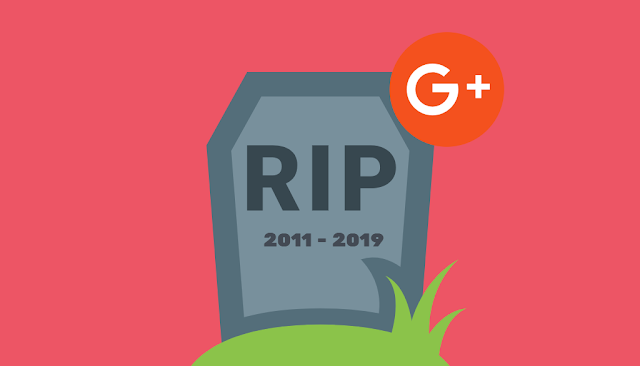Patreon Exclusive: Serial of a New Novel: Vampire Daddy
Happy Lunar New Year! Come on over to Patreon , where I am sharing selections from my new novel in progress, Vampire Daddy. Literary sneak peeks are available at the $10 subscription level. The posts can also be purchased individually, or as a collection . In a future where humanity is extinct and vampires rule Mars, Lexi - a troubled five-hundred-year-old immortal - is ordered to father a child with a mysterious clone named Primeva, whose very existence defies the laws of God and science. Before her fragile body fails, they must return to the ruins of Earth, where Lexi can reclaim his lost soul - for only as a mortal man can he unite with Primeva to restore humankind. Excerpt 1: The Lab (23 December 2025): Christmas of the Vampires: Sneak Peek: Vampire Daddy 1 Excerpt 2: Your New Friend (7 January 2026): Sneak Peek: Vampire Daddy 2 Excerpt 3: The Elixirs of Life (17 February 2026): Sneak Peek: Vampire Daddy 3 Visit the VAMPIRE DADDY WEBPAGE for more



Comments
Post a Comment